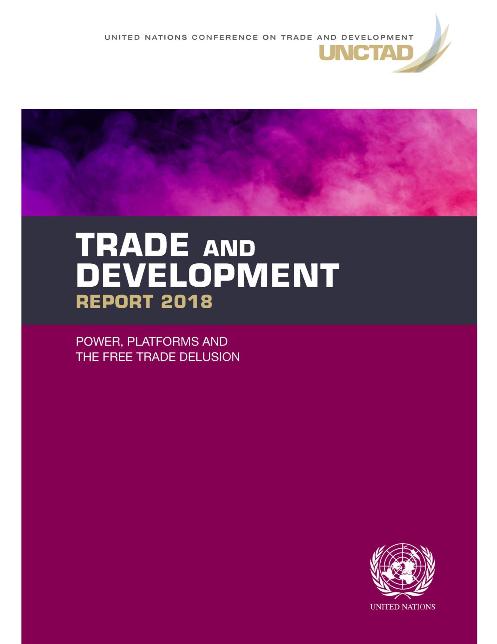Jason Hickel — A Letter To Steven Pinker (And Bill Gates For That Matter) About Global Poverty
Jason Hickel writes:
Dear Steven,
…
Your argument is that neoliberal capitalism is responsible for driving the most substantial gains against poverty. This claim is intellectually dishonest, and unsupported by facts. Here’s why:
The vast majority of gains against poverty have happened in one region: East Asia. As it happens, the economic success of China and the East Asian tigers – as scholars like Ha-Joon Chang and Robert Wade have long pointed out – is due not to the neoliberal markets that you espouse but rather state-led industrial policy, protectionism and regulation (the same measures that Western nations used to such great effect during their own period of industrial consolidation). They liberalized, to be sure – but they did so gradually and on their own terms.
Not so for the rest of the global South. Indeed, these policy options were systematically denied to them, and destroyed where they already existed. From 1980 to 2000, the IMF and World Bank imposed brutal structural adjustment programs that did exactly the opposite: slashing tariffs, subsidies, social spending and capital controls while reversing land reforms and privatizing public assets – all in the face of massive public resistance. During this period, the number of people in poverty outside China increased by 1.3 billion. In fact, even the proportion of people living in poverty (to use your preferred method) increased, from 62% to 68%. (For detailed economic data and references to the relevant literature, see Chapter 5 of The Divide).
…
In other words, the imposition of neoliberal capitalism from 1980 to 2000 made the poverty rate worse, not better.
Since 2000, the most impressive gains against poverty (outside of East Asia) have come from Latin America, according to the World Bank, coinciding with a series of left-wing or social democratic governments that came to power across the continent. Whatever one might say about these governments (I have my own critiques), this doesn’t sit very well with your neoliberal narrative.
…
